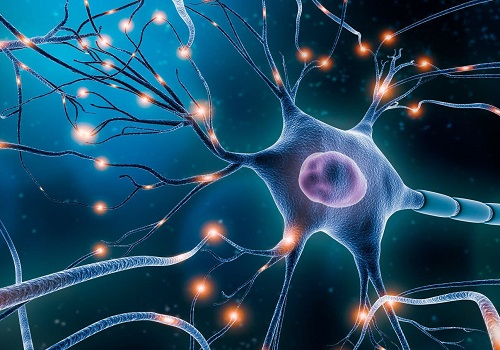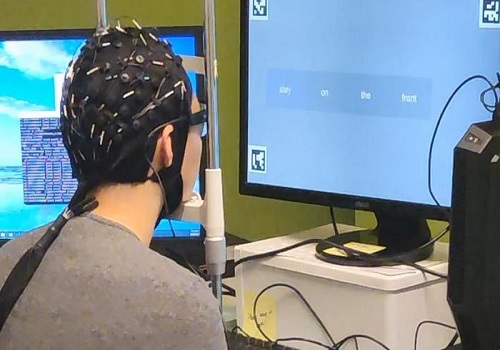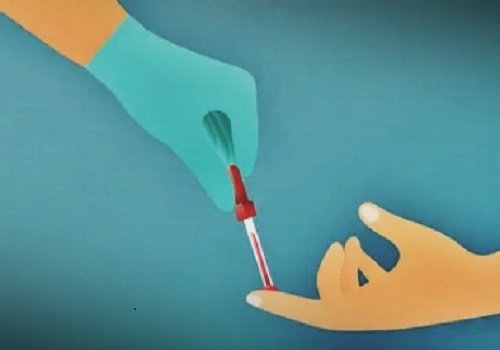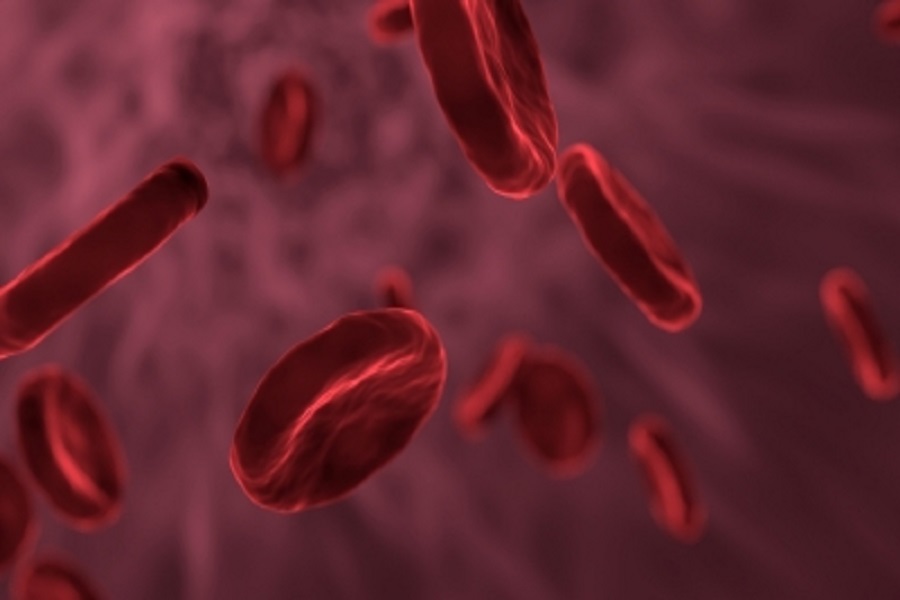MIT researchers develop new ultrasound sticker to monitor internal organs
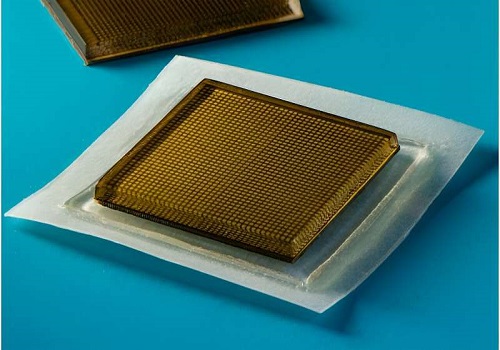
Follow us Now on Telegram ! Get daily 10 - 12 important updates on Business, Finance and Investment. Join our Telegram Channel
Engineers at the Massachusetts Institute of Technology in the US developed a small ultrasound sticker that can monitor the stiffness of organs deep inside the body.
The sticker, about the size of a postage stamp, can be worn on the skin and is designed to pick up on signs of disease, such as liver and kidney failure and the progression of solid tumours.
In an open-access study appearing in the journal Science Advances, the team reports that the sensor can send sound waves through the skin and into the body, where the waves reflect off internal organs and back out to the sticker.
The pattern of the reflected waves can be read as a signature of organ rigidity, which the sticker can measure and track.
"When some organs undergo disease, they can stiffen over time," said Xuanhe Zhao, Professor of mechanical engineering at MIT.
"With this wearable sticker, we can continuously monitor changes in rigidity over long periods of time, which is crucially important for early diagnosis of internal organ failure," Zhao added.
The team has demonstrated that the sticker can continuously monitor the stiffness of organs over 48 hours and detect subtle changes that could signal the progression of disease. In preliminary experiments, the researchers found that the sticky sensor can detect early signs of acute liver failure in rats.
The engineers are working to adapt the design for use in humans. They envision that the sticker could be used in intensive care units (ICUs), where the low-profile sensors could continuously monitor patients who are recovering from organ transplants.
"We imagine that, just after a liver or kidney transplant, we could adhere this sticker to a patient and observe how the rigidity of the organ changes over days," said lead author Hsiao-Chuan Liu, Assistant Professor at the University of Southern California.
"If there is any early diagnosis of acute liver failure, doctors can immediately take action instead of waiting until the condition becomes severe," added Liu, who was a visiting scientist at MIT at the time of the study.
Like our muscles, the tissues and organs in our body stiffen as we age. With certain diseases, stiffening organs can become more pronounced, signalling a potentially precipitous health decline.
The researchers precisely fabricated 128 miniature transducers that they incorporated onto a 25-millimetre-square chip. They lined the chip's underside with an adhesive made from hydrogel -- a sticky and stretchy material that is a mixture of water and polymer, which allows sound waves to travel into and out of the device almost without loss.
In preliminary experiments, the team tested the stiffness-sensing sticker in rats. They found that the stickers were able to take continuous measurements of liver stiffness over 48 hours. From the sticker's collected data, the researchers observed clear and early signs of acute liver failure, which they later confirmed with tissue samples.
"We believe this is a life-saving technology platform," Zhao said. "In the future, we think that people can adhere a few stickers to their body to measure many vital signals, and image and track the health of major organs in the body."












 320-x-100_uti_gold.jpg" alt="Advertisement">
320-x-100_uti_gold.jpg" alt="Advertisement">





